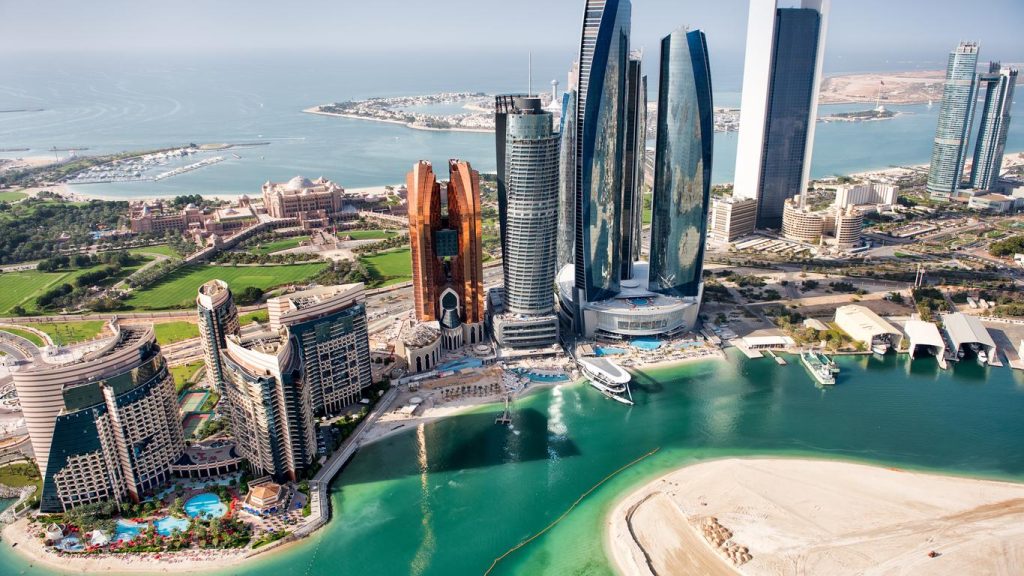Abu Dhabi’s first environment-focused climate adaptation plan outlines 142 actions, including 86 high-priority projects for the next five years
The plan targets three climate-vulnerable systems—groundwater, soil, and biodiversity—critical to food security, water supply, and ecosystem health
Developed with over 40 stakeholders, the adaptive roadmap aligns with UAE’s national climate goals and integrates the latest data and policy frameworks
Abu Dhabi has launched its first Climate Change Adaptation Plan for the Environment Sector (2025–2050), establishing a long-term, science-based strategy to build climate resilience across the emirate’s natural systems. Developed by the Environment Agency – Abu Dhabi (EAD), the plan forms a cornerstone of the Abu Dhabi Climate Change Strategy 2023–2027 and aligns with the UAE National Climate Change Plan 2017–2050 and the UAE Framework for Global Climate Resilience introduced at COP28.
Dr. Shaikha Salem Al Dhaheri, Secretary-General of EAD, described the plan as “a defining moment for the environmental future of the emirate.” She emphasized the urgency of implementation:
“We are moving beyond foresight to decisive actions, preparing for climate realities with unwavering commitment to safeguarding our natural heritage.”

The roadmap identifies three highly vulnerable environmental systems—groundwater, soil, and biodiversity—that underpin the emirate’s water security, agricultural output, and human health. Through extensive risk assessments, EAD has outlined 142 adaptation actions to be implemented by 2050, with 86 prioritized for execution in the next five years. These measures span technical, institutional, and nature-based solutions.
“This achievement reflects our commitment to foreseeing a future based on adaptation to current and future climate impacts,” Al Dhaheri noted. “It strengthens our efforts to achieve the UAE’s national climate objectives and Sustainable Development Goals by reducing environmental vulnerabilities and safeguarding ecosystems.”
The plan also directly supports Abu Dhabi’s strategic goals to enhance its natural capital, boost food self-sufficiency, and promote sustainable land and water management.
RELATED ARTICLE: New Global Hub in Abu Dhabi to Accelerate Climate Finance Innovation
Sheikha Al Mazrouei, Executive Director of the Integrated Environment Policy and Planning Sector at EAD, stressed the adaptive design of the plan:
“Designed to be adaptive and forward-looking, the plan integrates the latest data, evolving climate projections, and policy alignment to ensure our responses remain effective over time.”
Developed collaboratively with more than 40 stakeholders across government, academia, civil society, and youth groups, the plan includes built-in mechanisms for periodic review, stakeholder engagement, and integration of new scientific findings.
It is one of four sector-specific plans being deployed as part of Abu Dhabi’s broader emirate-wide adaptation strategy. The first pilot initiative—an arid restoration trial using drone-based aerial seeding—is already underway in the Al Dhafra Region.
This initiative firmly positions Abu Dhabi as a regional leader in long-term climate adaptation planning.
Follow ESG News on LinkedIn

